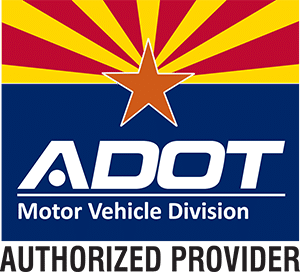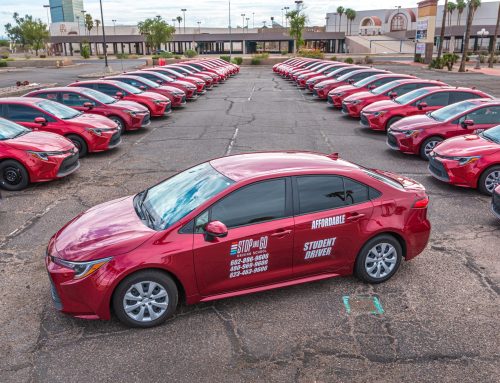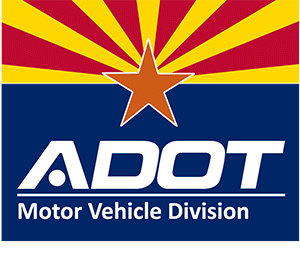Your car is shaking.
Shaking, pulsing, vibrating: These moves are for the dance floor, not your vehicle. But if your car does decide to break out the moves, don’t break out the disco ball. Your mechanic can help you determine the actual cause, but here are a few possible explanations:
- Your wheels need to be balanced.
- Something is loose: It could be a hose around the engine, timing belt, or battery terminal connections.
- Something is worn: It might be your spark plugs and wires, shocks and struts, or brake rotors.
You see a warning light on your dashboard.
One nice thing about today’s modern mode of transportation is that our vehicles are equipped to give us electrical signals, often telling us exactly what the problem is using a handy icon that lights up on the dashboard. (If only navigating problems in relationships were that easy.)
If you see a warning light, take note of the color: Red indicates a serious issue or failure; yellow or amber is a lower-grade warning about your vehicle’s systems or road conditions; and green or blue simply mean a feature is “on” (such as your cruise control). If you do see a red light, don’t ignore it. Take a look at your owners manual and find out what the manufacturer indicates you should do to address the issue.
Your “check engine” light comes on.
There are a number of reasons this particular warning light might turn on — some are a serious cause for concern (such as a failed engine component or transmission trouble) and others not so much (you may have neglected to tighten the gas cap at your last fill-up).
Whatever it is, you should check your car in with your dealer or mechanic as soon as possible. Without diagnostic testing (or a quick check to make sure the gas cap is secure), there’s no way to tell exactly what the problem is.
Your car just plain won’t start.
If your car cranks when you try to start the ignition — meaning it’s trying hard as it might, but just can’t get going — then you might be out of gas (oops), have worn-out spark plugs, or a fuel pump failure. It can also be the sign of a faulty security system.
If, on the other hand, your car clicks or makes no sound at all, then it’s likely that your battery is dead. You may also need to replace the starter or alternator.
Your car has an unusual or bad smell.
If your car smells like fuel, check your gas cap to see if it’s broken, cracked, or merely loose. If it’s none of these, then you may have one of these potentially dangerous problems with your fuel system:
- You could have a leak in your fuel tank (that smell would likely be joined by a rainbow-hued puddle underneath your car).
- You might have a leak in your fuel injector, line or filter.
- Or, if accompanied by that “check engine” light, it could be a faulty component of your vehicle’s evaporative emissions system.
Another off smell that’s a warning sign? Rotten eggs or sulfur. This can mean it’s time to replace your catalytic converter. If that’s not the culprit, then you may need to replace your fuel filter or pump a higher octane-level gas.
Your car makes strange noises.
Assuming it is your car (rather than a group of rowdy third-grade boys in the back seat), unusual noises are often the sign of bigger problems.
- If your car makes a clunk-clunk or creaking sound, this could be an issue with your suspension.
- If your car pops, squeals, groans, whines, or screeches when you’re turning, then you’ve got problems with your power steering.
- A crunching noise when turning at high speeds is likely the CV joints.
As you can tell, there are quite a few things that could go wrong with your vehicle. Driving safely and predictably, and staying on top of routine vehicle maintenance are two ways to make sure your car runs as smoothly as possible. And when troubles do pop up, be sure to check with your dealer or mechanic.








